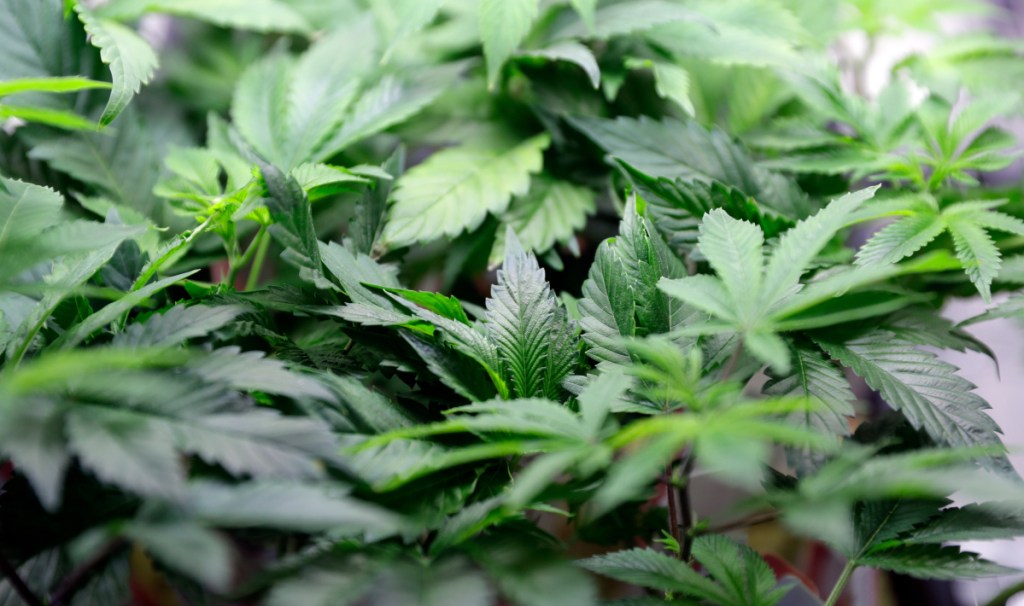Some marijuana legalization advocates are making an unusual critique of the Maine Legislature: that it’s doing too much.
The advocates say lawmakers went too far in their crafting of a comprehensive package of regulations when they cut the number of pot plants that Maine residents can grow in their homes from six to three. The change was part of the bill enacted last week by the House and Senate and sent to Gov. LePage with enough support to override a promised veto.
The criticism is understandable, but unfair. Nearly 18 months since voters approved taxing and regulating marijuana like alcohol, there hasn’t been a single legal sale or a dollar of tax money collected by the state. This bipartisan effort to draft and pass a brand-new regulatory scheme from scratch would entail heavy lifting in the best of times, but it is an even more impressive achievement in the middle of the historic dysfunction that has seized Augusta.
In this environment, a small step in the right direction is something worth celebrating – not a target for attack. Lawmakers should stand by their votes and put this law on the books.
2016 REFERENDUM
In 2016, Mainers were asked to vote on a marijuana legalization law that was written by advocates and gave built-in advantages to people who were already engaged in legal marijuana sales as caregivers for medical marijuana patients.
A majority of voters passed the referendum, and the Legislature began turning that expressed intent into legal language. The committee in charge of writing the law took testimony from a variety of experts, including people who did not think legalizing recreational use of marijuana is a good idea. They also paid close attention to the experience of regulators in other states that have already legalized pot use.
That research revealed Maine would have among the least restrictive laws in the country if everyone could grow six plants at home. The danger of larger home grows: a surplus that could end up on the black market.
“We don’t want to be out in front of the other states,” said Sen. Roger Katz, a co-chairman of the legalization implementation committee. Limiting growers to three plants puts Maine right in the middle, with states ranging from six plants in Alaska to zero in Washington state.
VOICE OF THE VOTERS
The referendum language specifically called for six plants in home grows, but it would be a mistake to think that lawmakers should be bound to every single word of the referendum. People did not have a chance to say what aspect of marijuana law they wanted to change. They were only asked to vote “yes” or “no” on the whole package.
The only message that legislators could really draw with any confidence is that a majority of Maine voters support creating a regulated market for legal sale and use by adults. How that will work is something that will likely change over time, just as regulations on alcohol, tobacco and gambling have evolved.
The Legislature did the right thing by crafting a bill that could get enough support to pass by large margins, earning the votes of people who are personally opposed to legalization.
This is the way state government is supposed to work, and the kind of thing we are not seeing anywhere near enough. Let’s not criticize the Legislature for doing its job.
Send questions/comments to the editors.



Comments are no longer available on this story